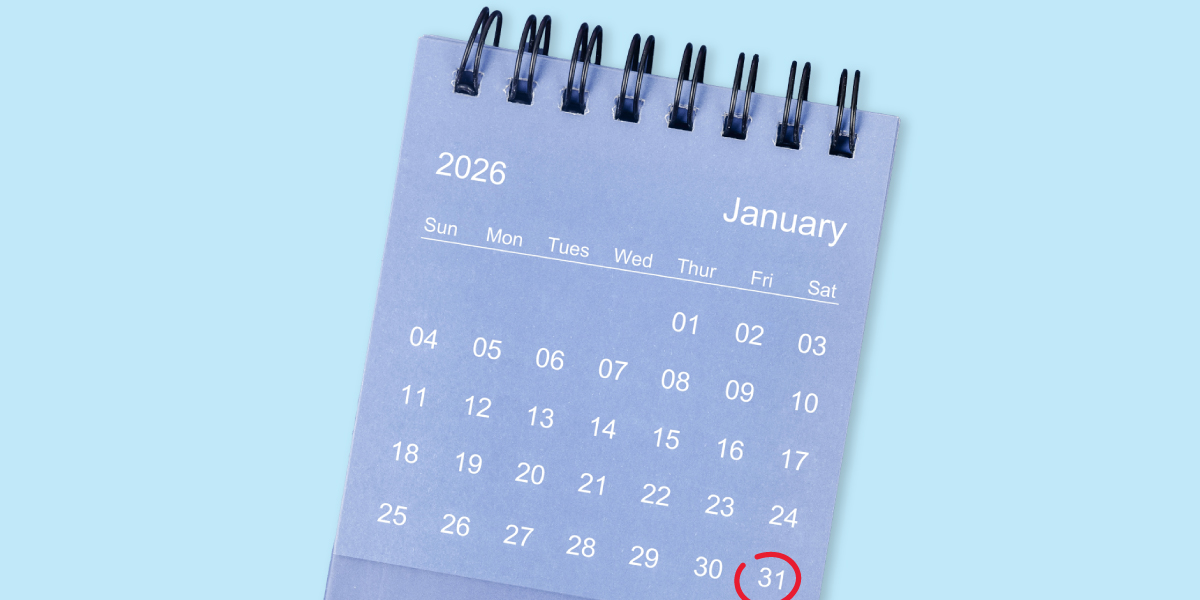
MEMBER EXCLUSIVE
Members can use GoSimpleTax to file to HMRC at a great price and avoid costly accountant fees.
Get startedBy clicking a retailer link you consent to third-party cookies that track your onward journey. This enables W? to receive an affiliate commission if you make a purchase, which supports our mission to be the UK's consumer champion.

People who need to submit a self-assessment tax return can choose whether to submit by posting paper forms, or by filling in an online return.
In general, HMRC no longer automatically sends out paper tax returns. Instead, anyone who has filed a paper tax return in the past will receive a short notice to file – this will tell taxpayers that HMRC intends to communicate with them digitally.
However, HMRC will still send out paper tax returns to people it has identified as being unable to file online.
If you opt for a paper tax return, you must send it to HMRC by 31 October every year – so your 2024-25 return would be due by 31 October 2025.
Your circumstances will determine which sections of the paper forms you need to fill out.

Members can use GoSimpleTax to file to HMRC at a great price and avoid costly accountant fees.
Get startedBeing confronted with a tax return form can be a bit overwhelming. Here's what you need to provide on each page.
In some cases, you may need to provide supplementary pages - for example, if you made capital gains, earned untaxed income or are self-employed.
Some people are sent supplementary pages automatically, but you may need to request or download them yourself. You can download the pages you need from the gov.uk website or request them by calling HMRC on 0300 200 3610.
The supplementary pages include:
Before you start filling out your tax return, it's a good idea to make sure you have everything you need to hand.
Consult this checklist, and completing your return should be a breeze.
Don't leave filing to the last minute. You might need extra forms or additional information.
Gather your important documents before you start, including your P60, P11D or P45.
Declare any assets sales that may be liable for capital gains tax, plus savings interest, dividends and other income.
Keep copies of your tax return, proof of postage and receipts for at least 22 months if you're employed or a pensioner; five years and 10 months if you're a landlord or self-employed.
If you owe less than £3,000, HMRC will collect the tax through PAYE in the following tax year. To opt out, you must tick the 'opt-out' box on the tax return.
The tax return guidance notes (SA150) issued by HMRC consist of 28 pages of guidance, explaining what kinds of income you need to declare.
HMRC also issues additional information notes (SA101 Notes), which help people with complex tax affairs to declare income from other sources - for example, life insurance gains, stock dividends, plus income from securities and share schemes.
The notes also cover tax reliefs, age-related married couple's allowance, tax losses, pension schemes and recognised tax-avoidance schemes.
A number of working sheets are included, which allow you to show how the taxable amounts you enter on the main return have been calculated.
If you file on a paper return and want to calculate your own tax, you need to ask for the tax calculation summary pages, as these won't automatically be supplied. These pages also allow you to make a claim to reduce your payments on account (alternatively use form SA303).
Some employees, pensioners and self-employed people with very straightforward tax affairs are sent a four-page simplified short tax return (SA200). You can't 'self-select' for this – HMRC decides who can use it.
However, if your circumstances have changed since the last time you filed a short tax return, it is up to you to decide if you are still eligible to fill in the short return. If in doubt, contact HMRC.
If you miss the paper tax return deadline of 31 October – or think you're going to miss it – do not send the paper forms off late, or you'll incur a penalty.
Instead, you can complete your return online using the unique taxpayer reference (UTR) number that HMRC gives you when you register. By filing online, you'll have until the later deadline of midnight on 31 January the following year.
If your paper tax return arrives after the deadline, you can't make up for it by also sending an online return on time. HMRC will fine you for a late tax return according to the one it receives first.
There are additional fines if you're late paying your tax bill. We explain possible fines in our guide to late tax returns and penalties for mistakes.
Use the jargon-free calculator provided by GoSimpleTax to complete and securely submit your tax return direct to HMRC.
Calculate your tax bill